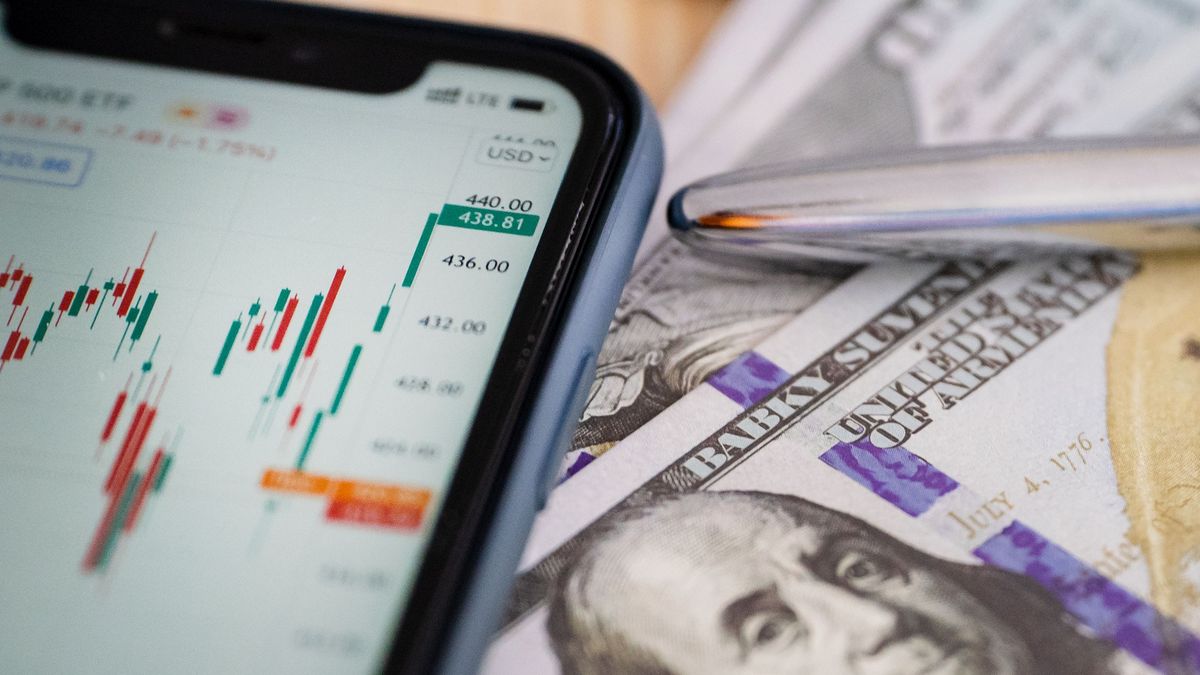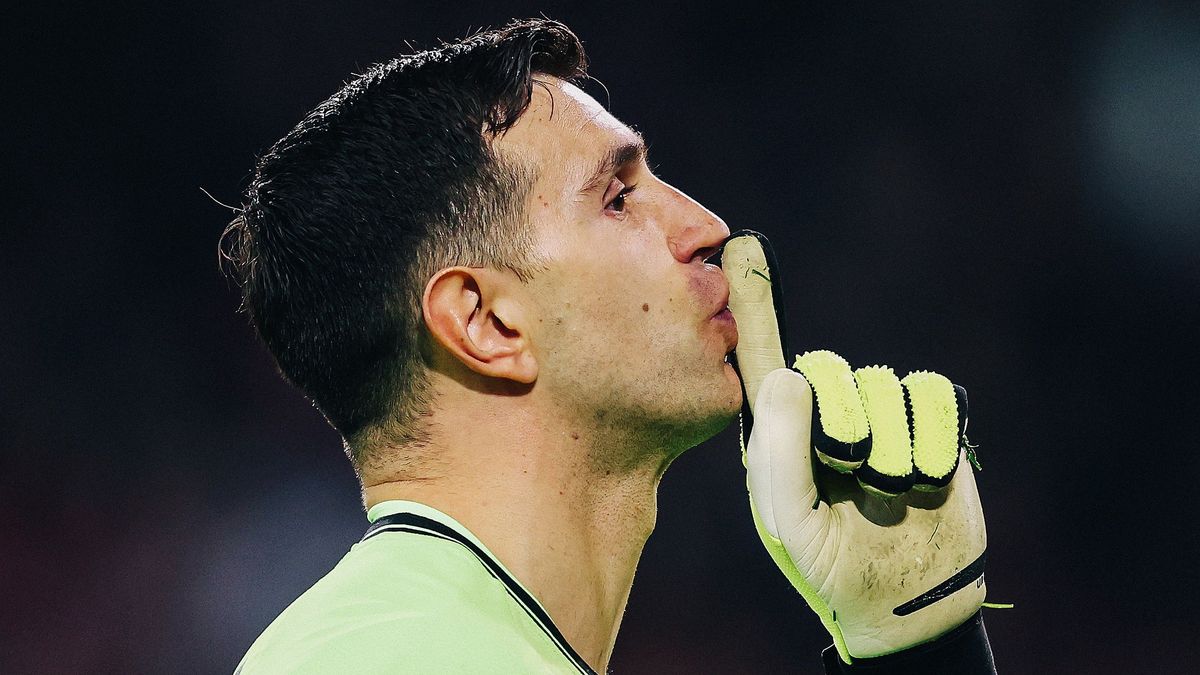Faced with the impending economic crisis in Russia, the consequences of the tightening of Western sanctions imposed over the weekend spread throughout the markets financial.
European stocks plunged 2%. European banks most exposed to Russia, such as Austria’s Raiffeisen Bank, UniCredit and Societe Generale, fell between 9% and 15%, while the broader banking index for the euro lost 7%.
The us stock futures were in negative territory, although MSCI’s broad gauge of Asian stocks and the Japanese Nikkei made small gains.
“The stock market environment is very dynamic and we remain defensive as things could get much worse from here,” said Peter Garnry, head of equity strategy at Saxo Bank.
While, oil prices rose after Russian President Vladimir Putin put the nuclear armed forces on high alert on Sunday, on the fourth day of the biggest attack on a European state since World War II.
Escalating tensions fueled fears that oil supplies from the world’s second largest producer could be disrupted, sending Brent crude futures up 5% to $102.86. US West Texas Intermediate crude futures rose $4.62, or nearly 5%, to $96.24 a barrel.
“I tell clients that the only thing we know for sure is that energy prices are going to be higher, and there are going to be some winners,” said John Milroy, financial adviser at Ord Minnett in Sydney. “It’s an old cliché, but it’s true that uncertainty drives moves in both directions.”
Refuge
As uncertainty continued to dominate the markets, investors favored the safety of the dollar, Swiss franc and Japanese yen.
The euro fell 1% against the greenback at $1.1168, and fell 0.9% against the Japanese currency at 129.08 yen, while the risk-sensitive Australian and New Zealand dollars fell 0. 5% and 0.3%, respectively.
Sovereign bonds such as US Treasuries and German Bunds – considered one of the safest assets in the world – remained in strong demand.
The 10-year US Treasury yield was down about 7 basis points at 1.90% in London trading, and German equivalent yields were down 6 basis points at 0.16%.
Markets continue to reduce expectations of interest rate hikes, with investors estimating that the European Central Bank will raise rates by around 30 basis points in total this year, up from 35 basis points at the end of last week.
Gold was up 0.61% at $1,899.
The Russian ruble plunged almost 30% to a record low of 120 per dollar, but regained some ground to trade for the last time at just over 100 per dollar.
The MSCI index of Russian shares fell 25%, while Russian equity exchange-traded funds (ETFs) in London and Frankfurt tumbled more than 35%, as investors dumped Russian assets.
Petroleum
the barrel of Petroleum Crude oil was quoted today with rises in its values in the international markets of New York and London.
West Texas Intermediate (WTI) crude, which operates on the New York futures market (Nymex), advanced 5.45% this morning and was trading at US$96.58 a barrel in contracts for delivery in April.
Similarly, Brent oil from the North Sea, which does so on the London electronic market (ICE), gained 5.06% and a barrel was agreed at US$102.89 also in contracts for April, according to with what was reported by the Bloomberg agency.
Meanwhile, the Organization of Petroleum Exporting Countries (OPEC) reported that its crude oil basket closed last Friday at US$96.67 a barrel, compared to US$101.22 the previous day, which represented a drop of 4.50%.
metals
Palladium soared more than 7% on Monday as new sanctions by Western powers against Russia raised supply concerns, while gold rose around 2% after President Vladimir Putin put the gold on high alert. the country’s nuclear arsenal.
Palladium added 5.35% to $2,495 an ounce, after rising to a session high of $2,551.50, heading for its third straight monthly rise.
The United States and its allies moved on Saturday to block certain Russian banks’ access to the international payment system SWIFT, which traders and analysts say could disrupt Russian exports of everything from oil to metals to grains.
“There is real concern here that shipping channels will be disrupted due to this situation in Ukraine,” said Stephen Innes, managing partner at SPI Asset Management.
“It’s not necessarily the short-term high that really weighs down, but rather how long it’s going to last.”
Russia’s Nornickel is the world’s largest supplier of palladium, used by automakers for catalytic converters.
Spot gold was up 0.78% at $1,902.33 an ounce, after gaining as much as 2.2% earlier in the session. US gold futures were up 0.7% at $1,900.80 an ounce.
Gold has gained about 6% so far this month, in what would be its biggest monthly gain since May 2021, after prices spiked to an 18-month high of $1,973.96 last week. .
Gold is often used as a means of preserving wealth in times of financial and political uncertainty.
Goldman expects a rally in commodities due to the crisis between Russia and Ukraine, which according to the Wall Street bank reinforces its conviction that gold prices will continue to rise in the coming months.
Meanwhile, spot silver added 0.5% to $24.30 an ounce and platinum gained 0.6% to $1,060.18 an ounce, with both on track to end February higher.
Source: Ambito
David William is a talented author who has made a name for himself in the world of writing. He is a professional author who writes on a wide range of topics, from general interest to opinion news. David is currently working as a writer at 24 hours worlds where he brings his unique perspective and in-depth research to his articles, making them both informative and engaging.




